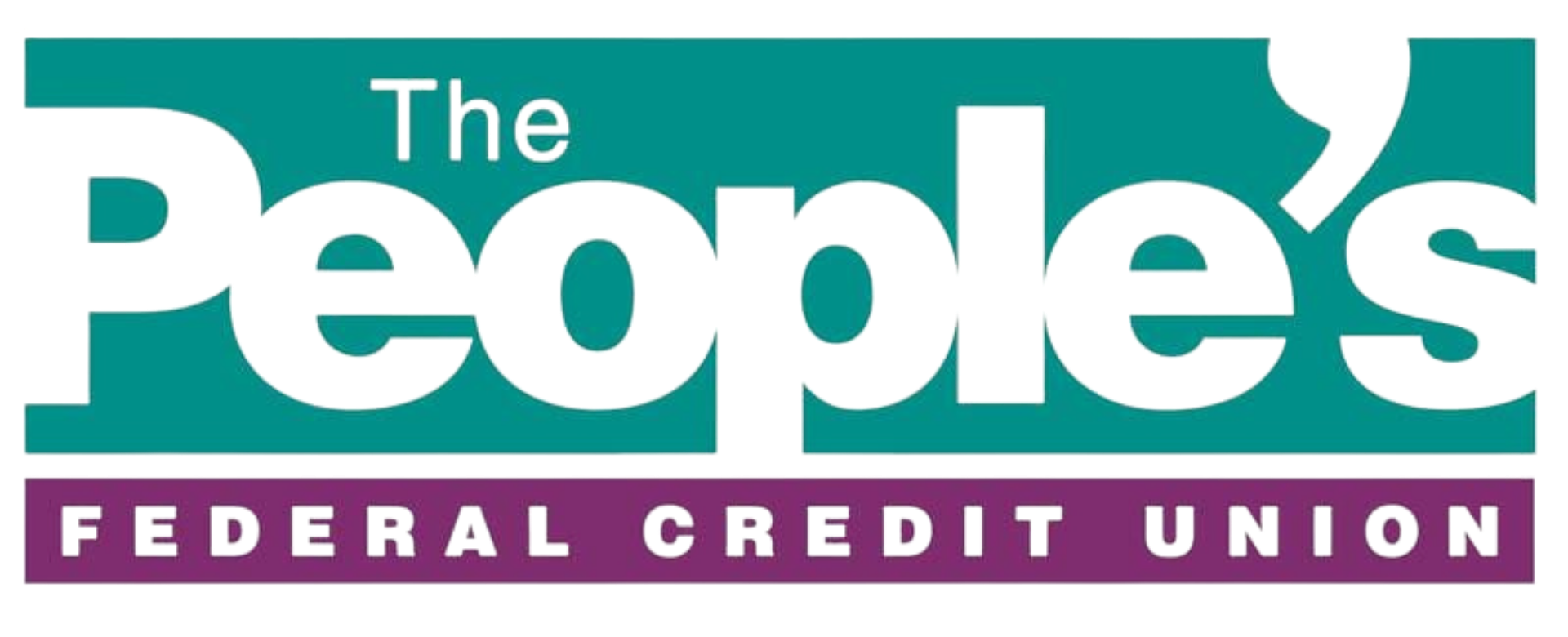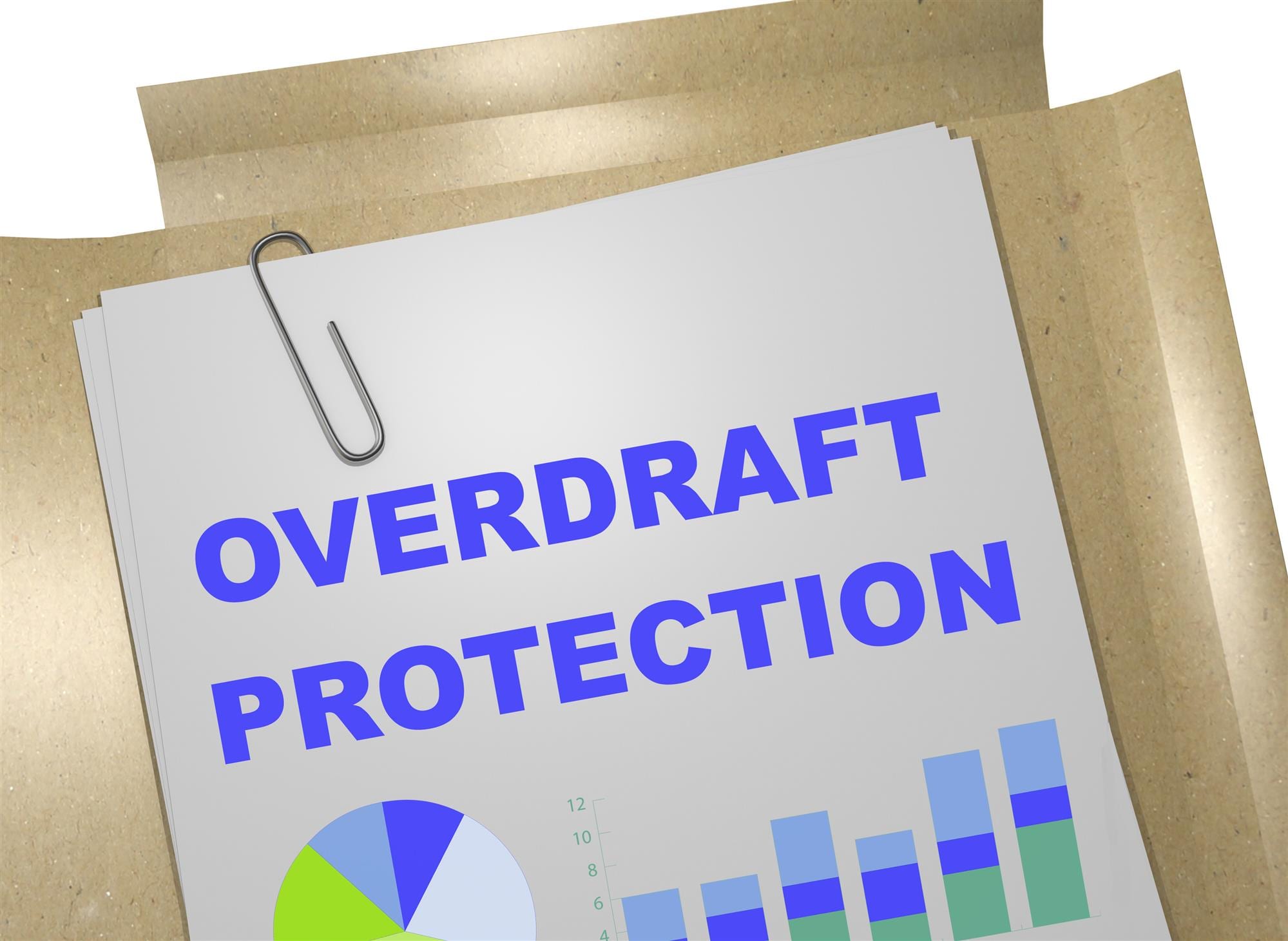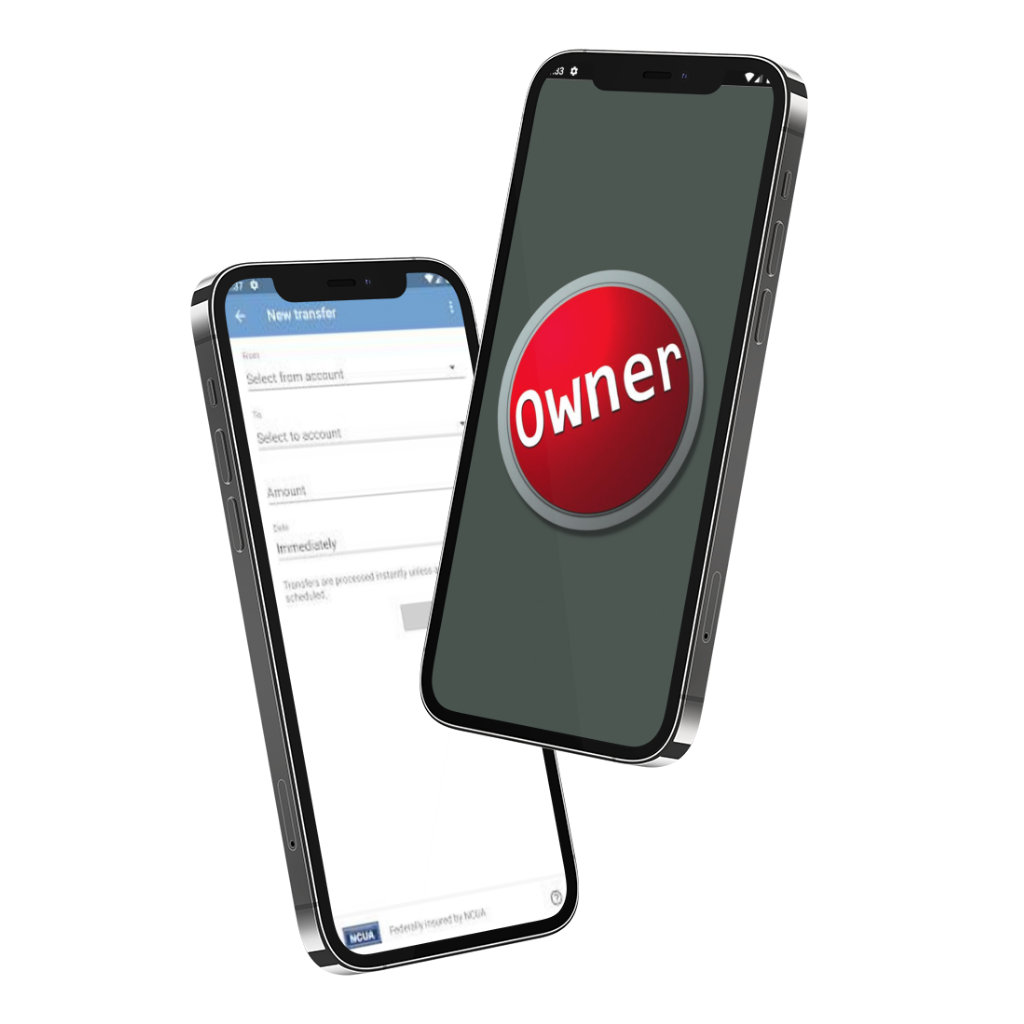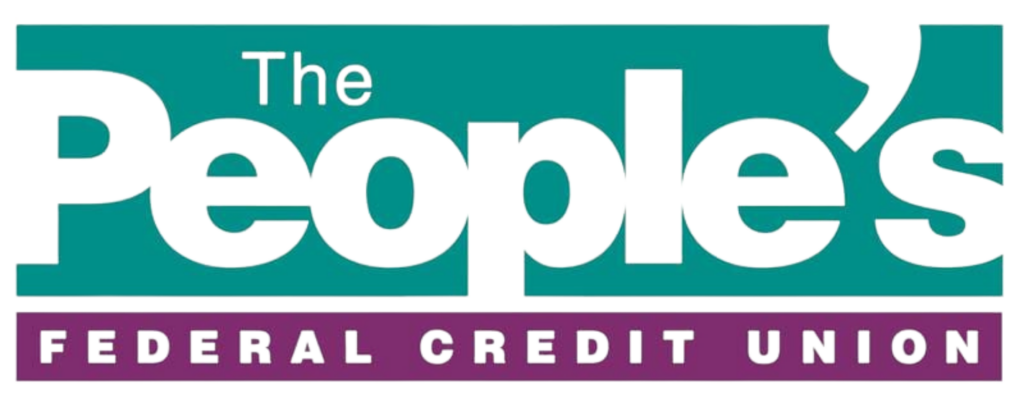Overdraft protection allows you to exceed your checking account’s balance so you can complete a pending transaction. The vast majority of financial institutions provide overdraft protection that incurs a fee when your account balance goes into the negative, but this fee tends to cost less than the amount you’d face through an actual overdraft of your account.
You’ll find that overdraft fees are one of the more common types of fees associated with checking accounts—and they can add up rapidly. If overdraft fees are problematic for you, you can opt in or out of overdraft protection at any time.
TPFCU also allows you to link a separate bank account to your checking account so you can automatically transfer money to cover a transaction. Most people use a savings account for this, but you can also use a second checking account or a line of credit. This is a free service provided to our members.
Study the benefits of having overdraft protection below to help yourself decide whether overdraft coverage is suitable for your financial situation.
The Benefits of Overdraft Protection
The most significant benefit of overdraft protection is that your transaction will happen. Even if your checking account is short on money, a check will be processed, you can receive cash from an ATM, and your debit card transaction will be approved. This reliability shields you from the inconvenience of having to deal with declined payments and can help you avoid late fees or fines from creditors.
A certain percentage of unforeseen circumstances can incur unexpected costs. Typical instances of emergencies that incur a price tag include car trouble or utilizing a niche service like a locksmith. Enrolling in overdraft protection ensures that you’ll be able to cover emergency costs during unexpected events. All of this sounds great, but you may be wondering if there are any dangers associated with overdraft protection.
It’s helpful to avoid making a habit of leaning on overdraft protection, as you might incur multiple fees that add up, and transactions may be eventually declined if you don’t have enough funds in your linked account.
Overdraft protection and non-sufficient funds are two terms that are often confused. Discover the critical differences between overdraft protection and non-sufficient funds with the information below.
Why Overdraft Protection Is Better Than NSF
A non-sufficient funds (NSF) fee consists of a financial institution declining a transaction and distributing a fee. These penalties often exist in the same ballpark as overdraft fees, in terms of value, and come into play when the account holder doesn’t have overdraft protection. While overdraft protection may incur a fee, at least you know the transaction will go through, and the fee will exist at a figure that’s generally lower than overdraft and NSF fees. You may find yourself subject to an NSF fee if you surpass a bank or credit union’s limit for overdraft protection.
We’ve touched on the type of activity that can trigger overdraft and NSF fees in a general sense, but getting specific about how these two fees are activated can help you better protect your finances.
Types of Activity That Triggers Overdraft and NSF Fees
Overdraft and NSF fees tend to occur when there’s not enough money in your checking account to clear a check, cover automatic bill payments, withdraw cash from an ATM, transfer cash, or complete a debit card purchase. If you incur an NSF fee through a bounced check, the check’s merchant may add on a returned check fee. So, what’s the best way to avoid overdraft fees in the first place?
How to Avoid Overdraft Fees
The most straightforward way to avoid an overdraft fee is by keeping a close eye on your account balance. Routinely checking your account balance is even more essential when you utilize autopay methods for recurring bills. Having account alerts sent to your computer or smart device is an easy way to remind yourself where your balance stands.
Most people nowadays receive their money through direct deposit, but, if you’re not on board with direct deposit, now is the time to start. Waiting for a paper check to clear increases the possibility of an overdraft fee occurring due to a lack of funds. There’s a chance that you may be able to hurdle an overdraft or NSF fee by promptly depositing money and contacting your bank as quickly as you can.
Are you displeased with how your current financial institution manages overdrafts or NSF fees? Perhaps you’re looking for a financial organization to begin participating in overdraft protection with. In either case, The People’s Federal Credit Union (TPFCU) has you covered.
Receive Quality Overdraft Protection On-Demand
TPFCU covers you with standard overdraft practices called Overdraft Courtesy Pay and having an account linked to transfer money into your checking account so an overdraft doesn’t occur.
The only requirement to start a savings account with TPFCU is a $25 deposit. If you decide to close your savings account, you’ll receive your initial $25 investment back in addition to the account’s complete balance. A TPFCU Savings Account is your best option to link to your checking account to keep an overdraft from happening since a Club Savings Account with TPFCU helps you save for specific occasions like vacations or holidays.
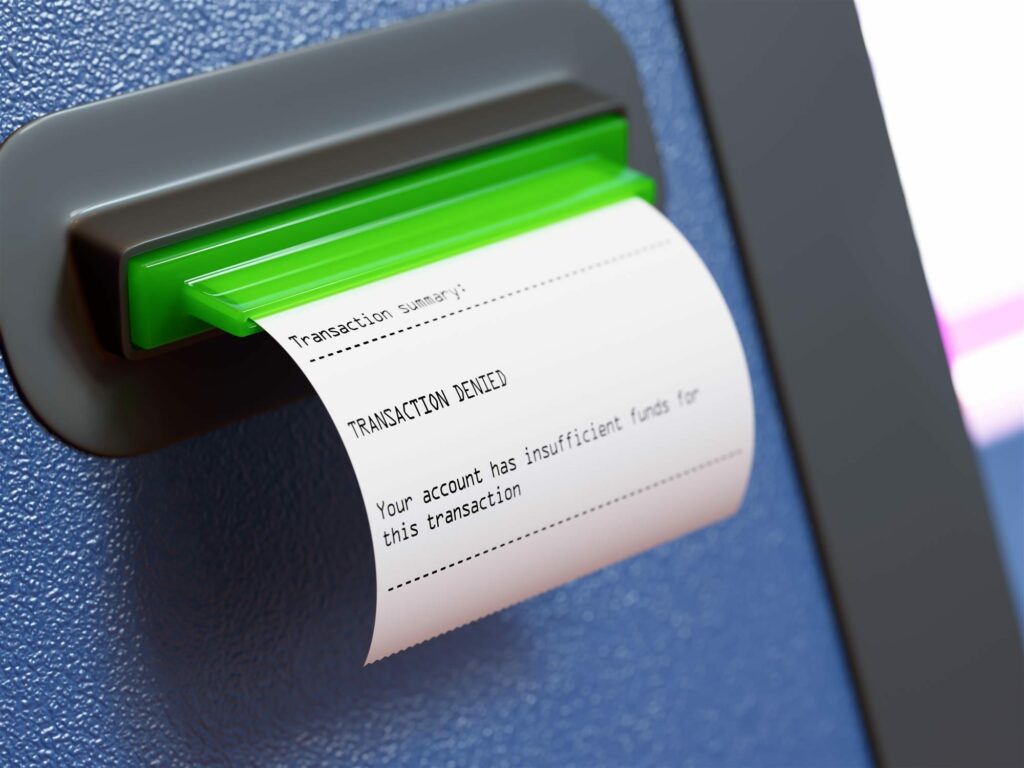
Are you curious to learn what the Overdraft Courtesy Pay practices that come with your account are? Our organization authorizes and pays overdrafts for checks and other transactions made using the checking account number like automatic bill payments. TPFCU doesn’t process overdraft requests for ATM transactions and everyday debit card transactions without your authorization. Exceeding the overdraft limit or having an outstanding balance that has not been repaid may result in TPFCU not approving a transaction.
While there’s no initial charge to authorize us to pay your overdrafts, we will charge you up to $22 every time we pay an overdraft. TPFCU members can use free automatic transfers from their savings to cover overdraft amounts with no fee.
If you want us to confirm and pay overdrafts on ATM and everyday debit card transactions, call 806-359-8571, visit our website, or complete this form and present it at a branch or mail it to The People’s Federal Credit Union, P.O. Box 9335, Amarillo, TX 79105, and we’ll get you started right away.
